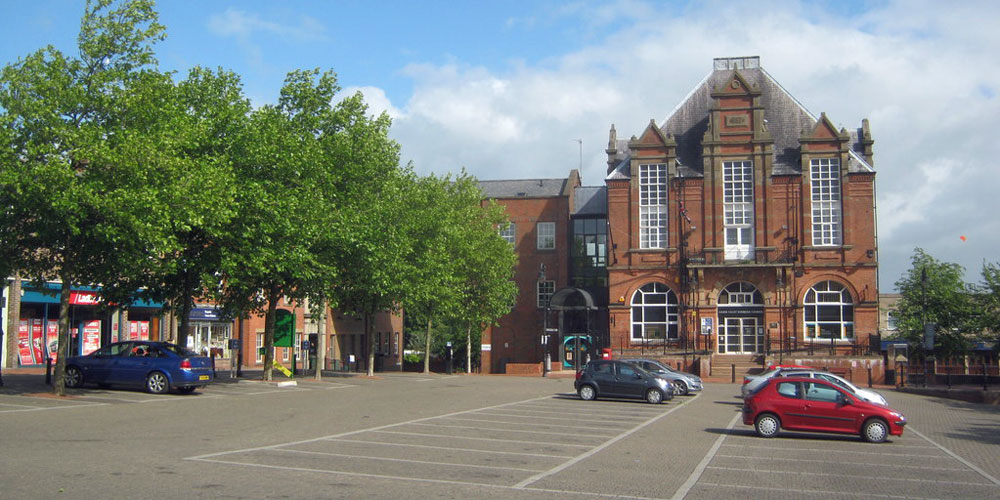
An incoming political regime at a Derbyshire council has ignored strong warnings from a senior officer that scrapping an emerging development plan will cost it at least £1.4m.
The Labour Party wrested control of Amber Valley Borough Council from the Conservatives in local elections earlier this month, with a manifesto pledge to halt proposed green belt land releases in its emerging local plan.
This week, a meeting of the full council voted to scrap the local plan, despite a report from Julian Townsend, executive director of operations, warning that the decision would have substantial financial consequences.
His report to the committee said: “Costs are difficult to estimate but the council, (based on previous experience), could expect costs (staffing – assuming current levels and direct costs) to be in the region of £1,400,000 over a five-year period, plus any legal costs.”
He said that in addition, scrapping the plan could reduce the level of section 106 developer contributions and New Homes Bonus payments by slowing development.
“The impact of any loss of New Homes Bonus (currently £1.4 million per annum) or its replacement is a significant risk for the council, as this funding is currently being used to support the revenue budget whilst it manages its underlying budget deficit,” Townsend said.
In addition, the report said that scrapping the plan would increase the risk of development in the green belt, because the council cannot prove a five-year supply of housing.
Resisting this type of development could cost the council money in legal fees, the report said.
The additional costs could be offset by contributions from government grants and money taken from operational reserves, the report said.
The plan was submitted to a planning inspector last year after the council worked on it for eight years.
In March, the council voted to release 14 sites from the green belt in the plan, in the hope of producing a five year housing land supply.
Preparing a new plan would take between three and four years, the report said, with annual costs in the past three years ranging from £230,000 to £290,000.
A statement on the Amber Valley Labour group’s Facebook page in the wake of the vote said: “Last night there were only two legally binding options, to carry on and rely on the Inspector to dismiss the 14 sites for no exceptional circumstances (which the Tories actually asked to carry out a green belt review and the inspector agreed to) or to withdraw the plan and start again.
“We asked the inspector if we could go back to the position before inclusion of the green [belt sites] but could not get any assurance we could do that hence the decision we had to take.”
The council could now face ministerial intervention for failing to progress its plan, according to Townsend’s report.
“Based on 15 letters already sent by the secretary of state to other local authorities for failing to progress their plans, it is not considered that the council has grounds to argue there are exceptional circumstances why the plan has not been progressed,” Townsend said.
The meeting also considered the council’s financial plan for 2019 to 2022, which identified an underlying revenue budget deficit of £1.4m.












